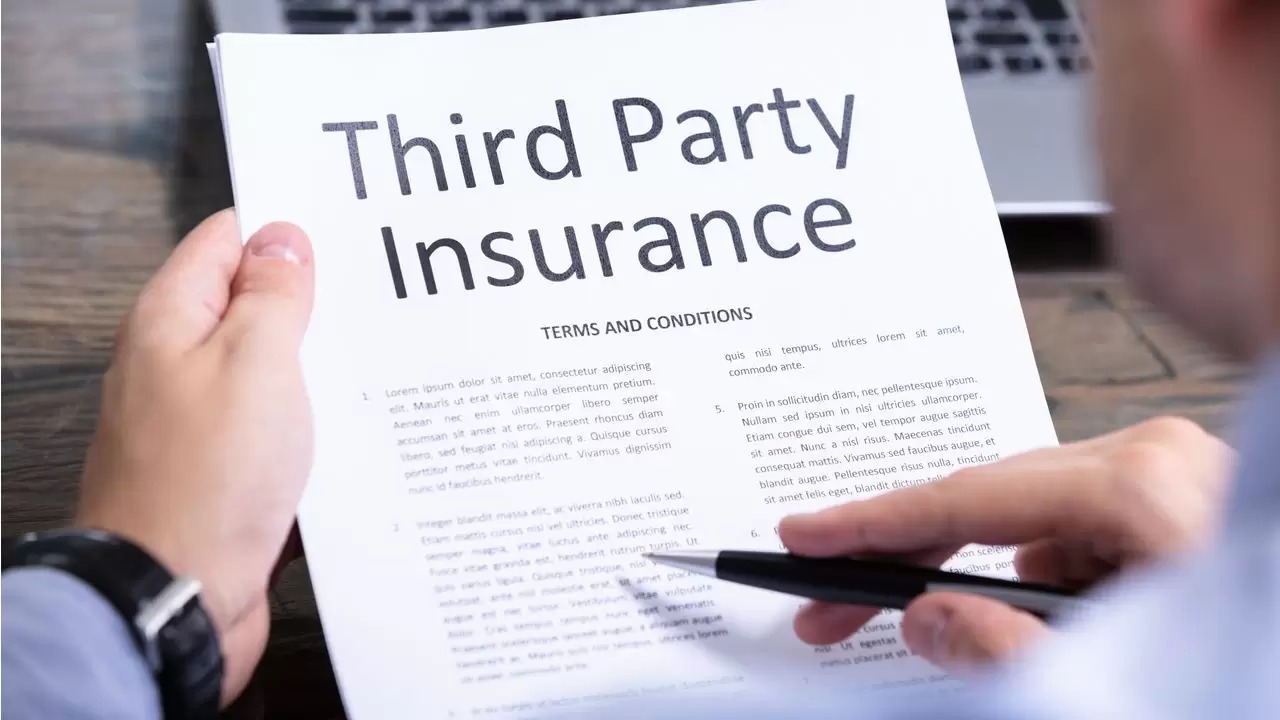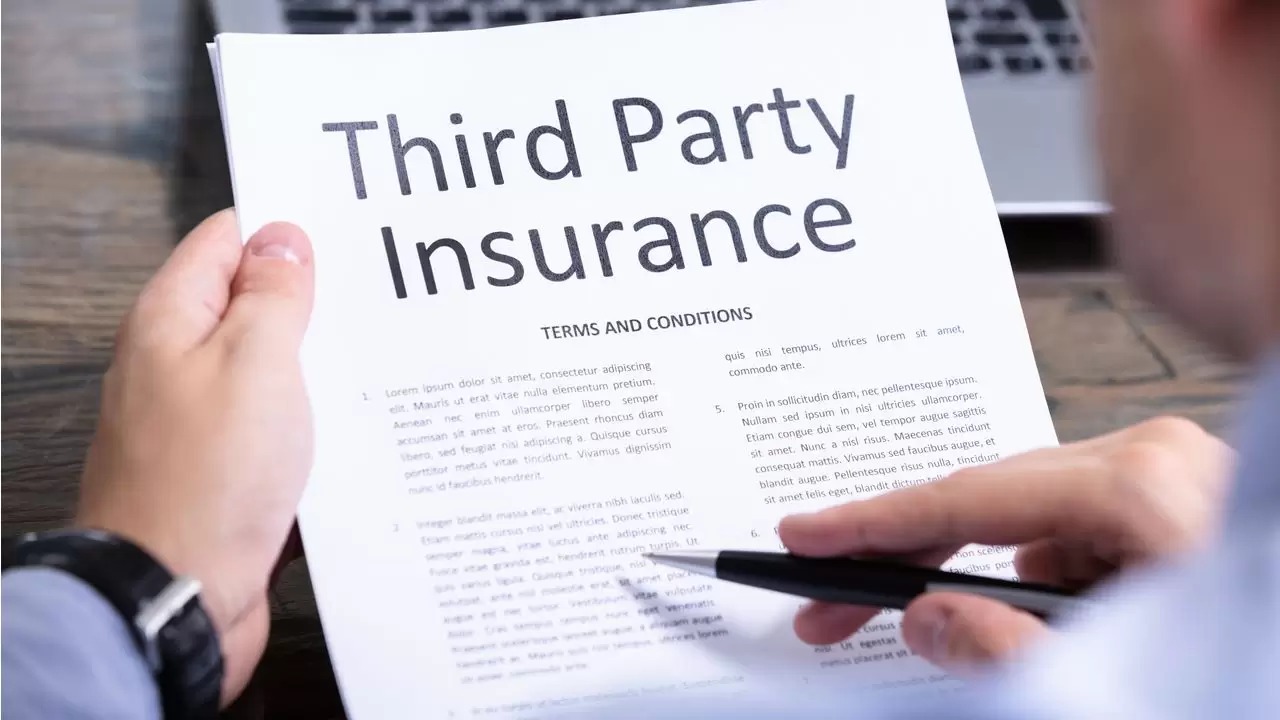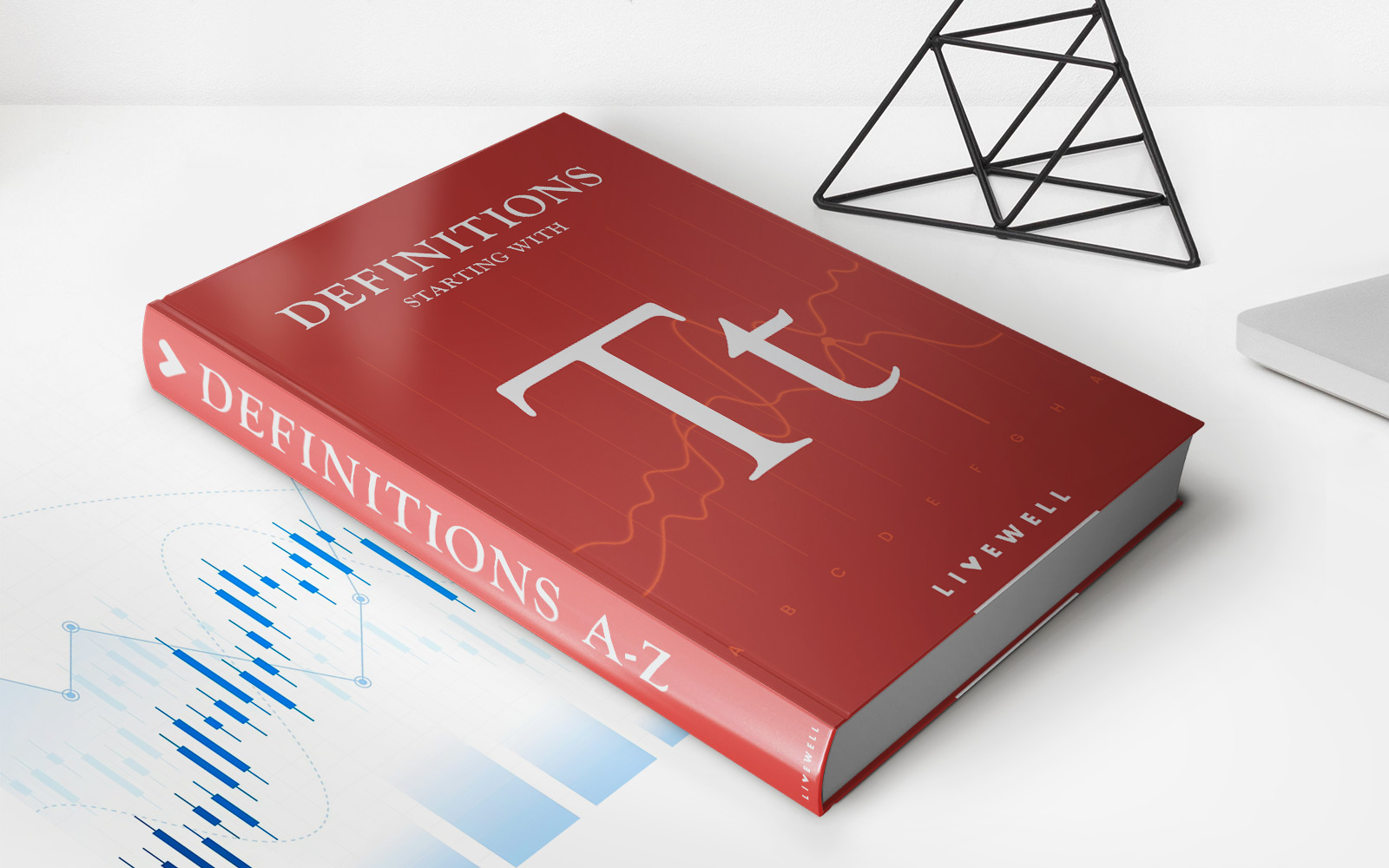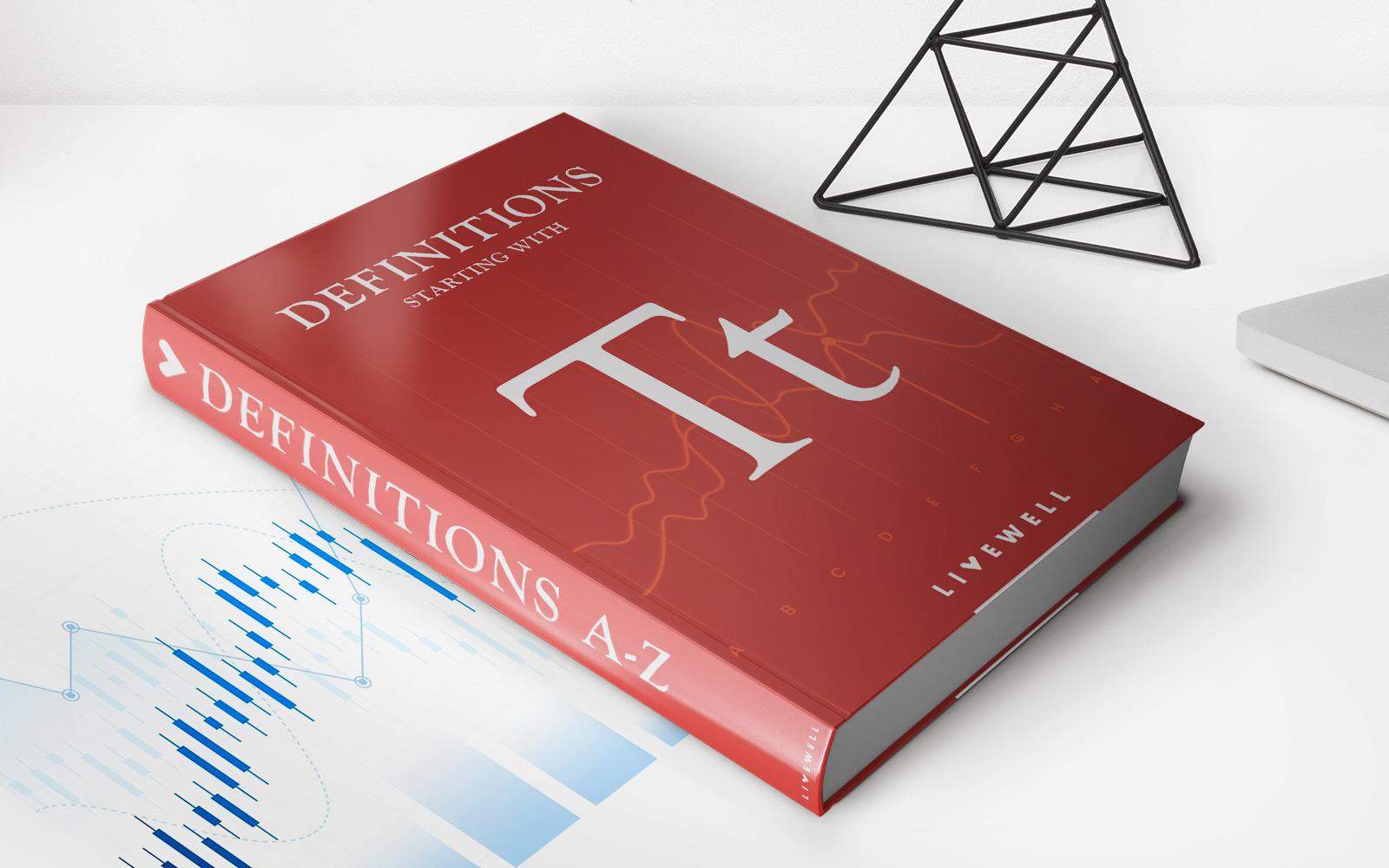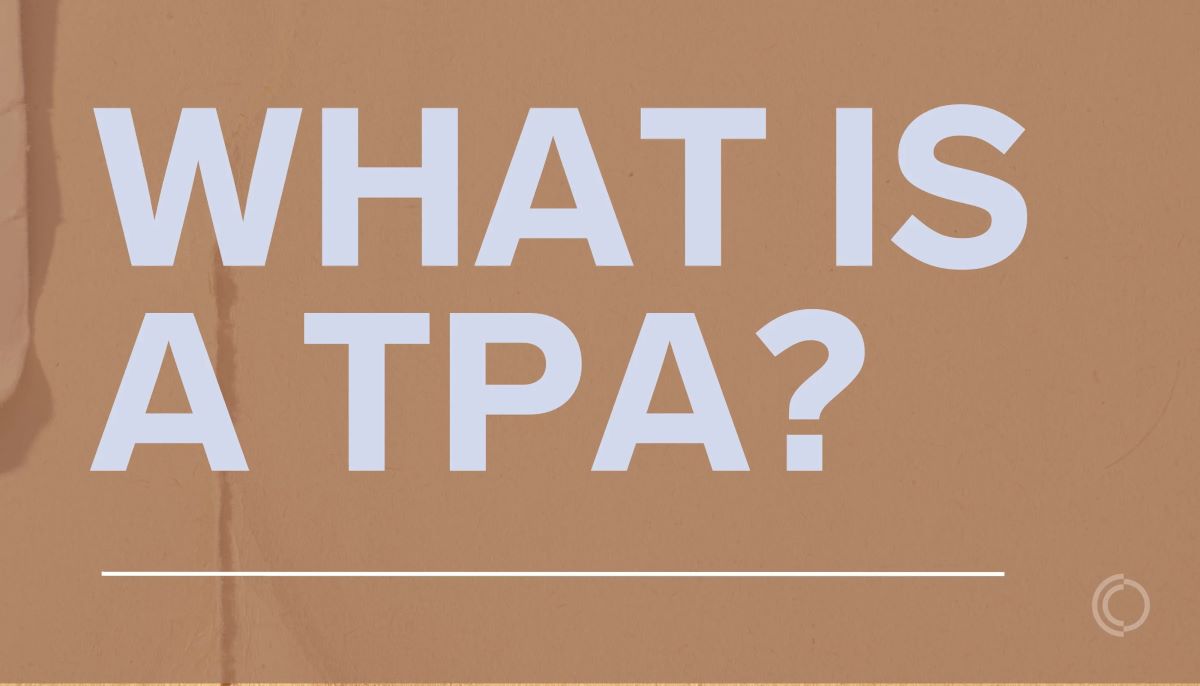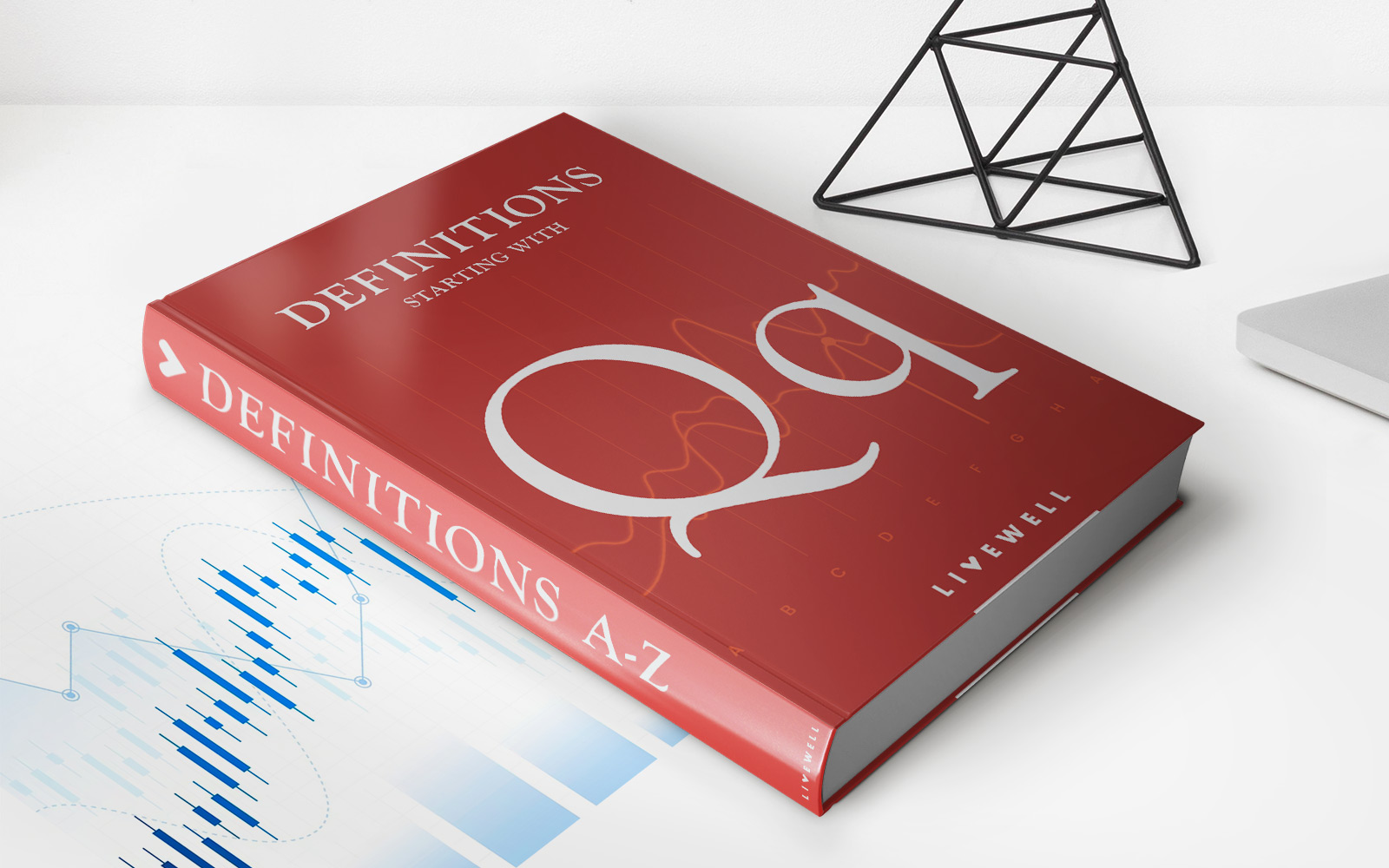

Finance
Who Is A Third Party Owner In Life Insurance?
Published: October 14, 2023
Learn about third party owners in life insurance and how they can impact your financial planning. Explore the role of a third party owner in managing your life insurance policy.
(Many of the links in this article redirect to a specific reviewed product. Your purchase of these products through affiliate links helps to generate commission for LiveWell, at no extra cost. Learn more)
Table of Contents
Introduction
When it comes to life insurance, policy ownership typically lies with the insured individual. However, there are situations where a third party may step in as the policy owner. This third party owner plays a unique role in the life insurance arrangement, with specific responsibilities and benefits.
In simple terms, a third party owner in life insurance refers to an individual or entity that is not the insured person or the beneficiary, but assumes ownership of the life insurance policy. This can include parents, spouses, or even companies.
The concept of third party ownership arises in various scenarios, such as when an individual purchases a life insurance policy for another person, transfers ownership to a trust or company, or when a business buys a policy on the life of one of its key employees.
In this article, we will delve deep into the concept of third party ownership in life insurance. We will explore the definition, role, responsibilities, reasons, benefits, and risks associated with being a third party owner. Additionally, we will discuss the legal aspects that govern third party ownership in life insurance.
Understanding the intricacies of third party ownership in life insurance is crucial for individuals and entities who are considering or already involved in such arrangements. Whether you are a parent planning for your child’s financial security, a business owner safeguarding the company’s interests, or a trust managing assets, this article will provide valuable insights to help you navigate the world of third party ownership in life insurance.
Definition of a Third Party Owner
In the context of life insurance, a third party owner refers to an individual or entity that is not the insured person or the beneficiary, but holds the ownership rights and responsibilities of a life insurance policy. While it is common for individuals to maintain ownership of their own life insurance policies, there are situations where a third party assumes this role.
A third party owner can be a parent, spouse, relative, friend, company, or even a trust. They are the ones who control the policy, including paying the premiums, making changes to the policy, and making decisions regarding the cash value of the policy.
It is important to note that the third party owner has distinct legal rights and obligations. As the owner, they have the authority to make decisions related to the policy, such as beneficiary designations, policy loans, or policy surrender. These decisions must be made in the best interest of the insured and aligned with the terms and conditions outlined in the policy contract.
The relationship between the insured, the beneficiary, and the third party owner can vary depending on the specific circumstances. For example, a parent may be the third party owner of a life insurance policy purchased on behalf of their child, with the child being both the insured and the beneficiary.
Similarly, a business may be the third party owner of a life insurance policy on the life of one of its key employees, with the employee’s family as the beneficiaries. In this case, the company takes on the responsibility of paying the premiums and managing the policy.
Overall, the third party owner serves as a custodian of the life insurance policy, holding the legal rights and obligations associated with it. Their role is to ensure the proper management and utilization of the policy for the benefit of the insured and the designated beneficiaries.
Now that we have a clear understanding of what a third party owner is, let’s dive deeper into their role and responsibilities in the next section.
Role and Responsibilities of a Third Party Owner
A third party owner in a life insurance policy assumes several significant roles and responsibilities. Their involvement in the policy requires them to fulfill certain duties to ensure the proper management and protection of the insured’s interests. Let’s explore the main responsibilities of a third party owner:
- Paying premiums: One of the primary responsibilities of a third party owner is to pay the premiums associated with the life insurance policy. This ensures that the policy remains in force and provides the intended benefits to the insured and beneficiaries.
- Policy management: The third party owner is responsible for managing the policy. This entails keeping track of premium payments, reviewing the policy statements, and ensuring that all information is up-to-date. They also have the authority to make changes to the policy, such as updating beneficiaries or modifying coverage, with the consent and agreement of the insured.
- Beneficiary designations: The third party owner has the responsibility to designate the beneficiaries of the life insurance policy. This decision should be made in consultation with the insured to ensure that their wishes are respected. It is crucial for the third party owner to continually review and update beneficiary designations as circumstances change.
- Maintaining policy records: The third party owner should keep detailed and accurate records of the policy, including premium payment receipts, policy statements, and any relevant correspondence. This helps in efficiently managing the policy and addressing any potential issues or queries that may arise.
- Acting in the best interest of the insured: As the custodian of the life insurance policy, the third party owner has a fiduciary duty to act in the best interest of the insured. This includes making decisions that align with the insured’s wishes and ensuring that the policy’s benefits are used appropriately.
- Communication and transparency: The third party owner has a responsibility to maintain open and honest communication with the insured and beneficiaries. This involves keeping them informed about the status of the policy, any changes, and any potential impacts on the coverage or beneficiaries.
- Policy surrender or termination: In certain situations, the third party owner may need to make decisions regarding the surrender or termination of the policy. This could be due to changing financial circumstances or shifting priorities. However, such decisions should only be made after careful consideration and consultation with the insured and possibly their financial advisor or legal counsel.
It is essential for a third party owner to fully understand their role and diligently fulfill their responsibilities. By doing so, they contribute to the effective management and protection of the life insurance policy, ensuring that the insured and beneficiaries receive the intended benefits and financial security.
Reasons for Being a Third Party Owner
There can be various reasons why someone would choose to become a third party owner in a life insurance policy. These reasons can vary depending on the specific circumstances and the relationship between the insured, the beneficiary, and the third party owner. Let’s explore some common reasons for assuming the role of a third party owner:
- Financial protection for dependents: One of the primary reasons for being a third party owner is to provide financial protection for dependents. For example, a parent may choose to be the third party owner of a life insurance policy on their child’s life to ensure that the child is financially secure in the event of their untimely demise.
- Business continuity: In the case of a key employee or business owner, being a third party owner of a life insurance policy can help ensure continuity in the business. If the insured individual’s death could have a significant impact on the company’s operations or financial stability, a third party owner can provide the necessary funds to mitigate the financial repercussions or facilitate a smooth transition.
- Asset protection: Being a third party owner of a life insurance policy can also serve as a means of protecting assets. By taking ownership of the policy outside of the insured’s estate, it can be shielded from certain legal actions or claims. This can be particularly relevant in situations involving high net worth individuals or individuals with complex financial circumstances.
- Estate planning: For individuals with significant assets, being a third party owner of a life insurance policy can play a strategic role in estate planning. By holding ownership of the policy, the third party owner can ensure that the policy proceeds are distributed according to their wishes and in alignment with their overall estate plan.
- Policy eligibility: In some cases, the insured may not be eligible for a life insurance policy due to certain factors such as health conditions. In such situations, a trusted third party can step in as the owner to procure the life insurance coverage on their behalf.
- Tax planning: Third party ownership of a life insurance policy can also provide tax planning benefits. Depending on the jurisdiction and the specific circumstances, the tax implications can be minimized or strategically managed by involving a third party owner in the policy arrangement.
It is important to note that the decision to become a third party owner should be carefully considered and aligned with the purpose and intentions of the life insurance policy. Open communication and a thorough understanding of the responsibilities and implications involved are crucial for all parties involved.
Now that we have explored some common reasons for being a third party owner, let’s examine the benefits and risks associated with assuming this role.
Benefits and Risks of Being a Third Party Owner
Becoming a third party owner in a life insurance policy can bring both benefits and risks. Understanding these can help individuals make informed decisions about assuming the role. Let’s explore the benefits and risks associated with being a third party owner:
- Benefits:
- Financial protection: As a third party owner, you can provide financial protection to your loved ones or the designated beneficiaries in case of the insured’s untimely demise. This can ensure that they are provided for and can cover expenses such as mortgage payments, education costs, or daily living expenses.
- Control and flexibility: Being a third party owner gives you control over the policy and the ability to make decisions regarding beneficiaries, coverage, and policy management. This allows for customization according to the insured’s changing needs or evolving circumstances.
- Asset accumulation: Depending on the type of life insurance policy, such as cash value policies, being a third party owner can enable you to accumulate savings or investment growth within the policy. This can provide a source of funds for future needs, such as retirement or emergencies.
- Enhanced estate planning: Being a third party owner can play a strategic role in estate planning, allowing for the efficient transfer of wealth to the intended beneficiaries. It can also provide a source of liquidity to cover estate settlement costs or tax obligations.
- Business continuity: In cases where the insured is a key employee or business owner, being a third party owner can ensure business continuity by providing funds to sustain operations or facilitate a smooth transition in the event of the insured’s death.
- Risks:
- Financial responsibility: As a third party owner, you take on the responsibility of paying premiums to keep the policy in force. Failing to do so can lead to the policy lapsing and the loss of coverage.
- Ethical considerations and conflicts of interest: Depending on the circumstances, conflicts of interest may arise between the third party owner, the insured, and the beneficiaries. It is essential to prioritize the best interests of the insured and beneficiaries in all decision-making processes.
- Accountability and fiduciary duty: As the custodian of the policy, you have a fiduciary duty to act in the best interest of the insured. This entails making decisions with integrity and ensuring that the policy’s benefits are used appropriately and for the intended purpose.
- Policy surrender or termination: Making decisions regarding the surrender or termination of the policy can have financial implications. It is important to carefully assess the potential consequences and consult with professionals, such as financial advisors or legal counsel, to make informed decisions.
- Insurance company solvency: The financial stability of the insurance company providing the policy is a key consideration. While rare, the risk of the insurance company becoming insolvent could impact the policy’s ability to deliver the intended benefits.
Considering the benefits and risks associated with being a third party owner is essential in order to make an informed decision. It is advisable to seek professional guidance from financial advisors or insurance experts to evaluate your specific circumstances and ensure that assuming the role aligns with your financial goals and objectives.
Now, let’s move on to discussing the legal aspects of third party ownership in life insurance.
Legal Aspects of Third Party Ownership in Life Insurance
Third party ownership in life insurance is subject to various legal considerations and regulations that govern the rights and obligations of the parties involved. These legal aspects ensure transparency, protect the interests of the insured and beneficiaries, and provide a framework for the proper administration of the policy. Let’s explore the key legal aspects of third party ownership in life insurance:
- Consent and insurable interest: In most jurisdictions, the consent of the insured is required for someone else to become a third party owner. This consent is typically obtained through appropriate documentation, such as an application or assignment form. Additionally, the concept of insurable interest is taken into account. Insurable interest refers to the financial or emotional relationship between the insured and the third party owner that justifies the ownership of the policy.
- Policy contract: The life insurance policy contract serves as the legal agreement between the insurance company and the policy owner. It outlines the terms and conditions of the policy, including the roles and responsibilities of the parties involved. The third party owner must adhere to the provisions outlined in the policy contract and ensure compliance with the terms.
- Beneficiary designations: The third party owner has the authority to designate beneficiaries for the life insurance policy. However, such designations must comply with legal requirements and should be made in consultation with the insured to honor their wishes. It is important to review and update beneficiary designations regularly to ensure accurate and appropriate allocation of the policy proceeds.
- State and federal laws: Life insurance is regulated by both state and federal laws. These laws govern various aspects, including licensing requirements for insurance companies, policy disclosures, premium payment guidelines, grace periods, and the processing of claims. The third party owner should be aware of these laws to ensure compliance and protect the rights of the insured and beneficiaries.
- Legal duties and responsibilities: As the third party owner, you have legal duties and responsibilities towards the insured and beneficiaries. This includes acting in the best interest of the insured, honoring the terms of the policy contract, making timely premium payments, maintaining accurate records, and ensuring proper communication and transparency throughout the policy’s duration.
- Probate and estate administration: In the event of the insured’s death, the life insurance policy may be subject to probate or estate administration procedures. The third party owner may need to work with the appropriate legal authorities, such as executors or trustees, to ensure a smooth transfer of the policy proceeds to the designated beneficiaries.
- Tax implications: The tax treatment of life insurance policies can vary depending on the jurisdiction and specific circumstances. It is important for the third party owner to understand and comply with the applicable tax laws, including any potential tax implications related to policy premiums, cash value growth, or death benefits.
It is crucial for all parties involved, including the insured, the third party owner, and the beneficiaries, to be aware of the legal aspects surrounding third party ownership in life insurance. Seeking guidance from insurance professionals or legal experts can help ensure compliance with applicable laws and regulations and protect the interests of all parties involved.
Now, let’s wrap up our discussion on third party ownership in life insurance.
Conclusion
Third party ownership in life insurance plays a unique role in providing financial protection and managing the policy on behalf of the insured and beneficiaries. Whether it is for the purpose of securing the future of dependents, ensuring business continuity, or enhancing estate planning, being a third party owner requires careful consideration and understanding of the responsibilities involved.
In this article, we explored the definition of a third party owner and their role in a life insurance policy. We delved into the various reasons for assuming the role, such as financial protection, business continuity, asset protection, and tax planning. Furthermore, we discussed the benefits and risks associated with being a third party owner, highlighting the importance of financial responsibility, ethical considerations, and fiduciary duty.
Understanding the legal aspects surrounding third party ownership is crucial to ensure compliance and protect the interests of all parties involved. We discussed the need for consent, insurable interest, adherence to the policy contract, proper beneficiary designations, compliance with state and federal laws, fulfillment of legal duties and responsibilities, and awareness of tax implications.
By embracing the role of a third party owner with diligence and integrity, individuals and entities can effectively manage life insurance policies, provide financial security to loved ones, and contribute to long-term financial planning objectives.
If you are considering becoming a third party owner in a life insurance policy, it is highly recommended to consult with insurance professionals, financial advisors, or legal experts who can provide personalized guidance based on your specific circumstances and goals.
Remember, being a third party owner is a significant responsibility that requires careful consideration, proactive management, and open communication. With the right approach, third party ownership can serve as a valuable tool in protecting your loved ones, ensuring business continuity, and achieving financial peace of mind.
